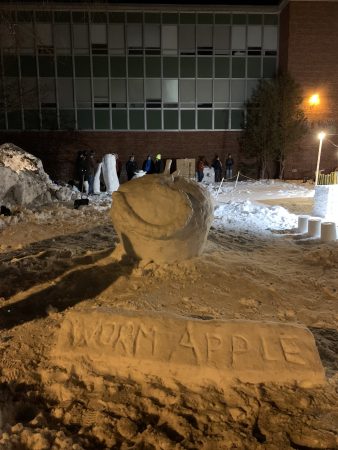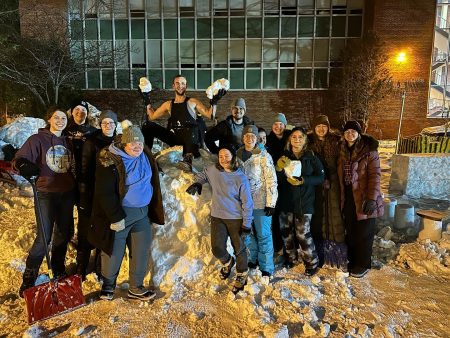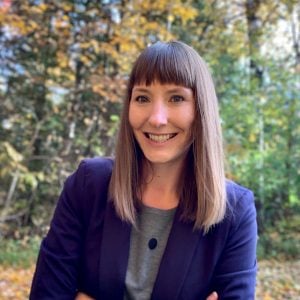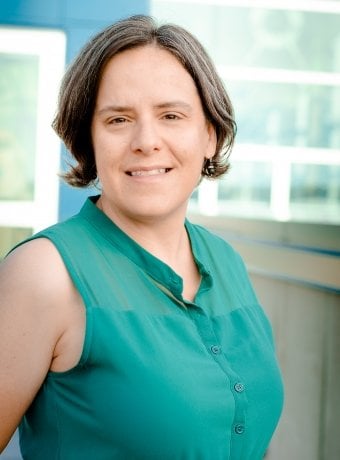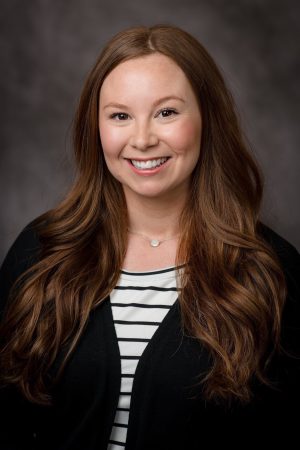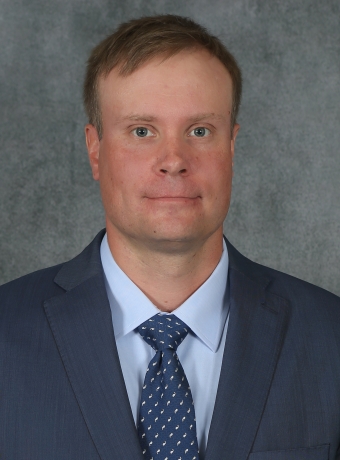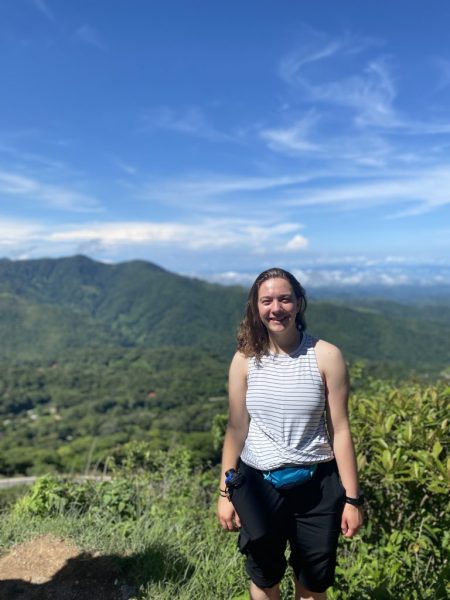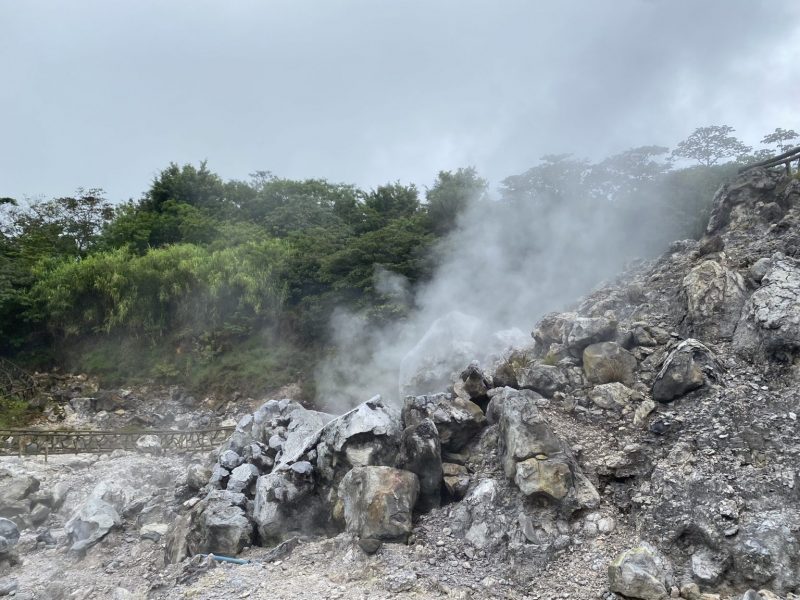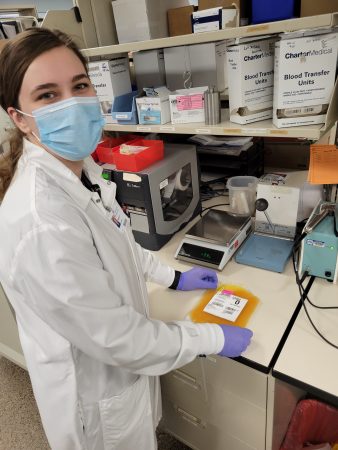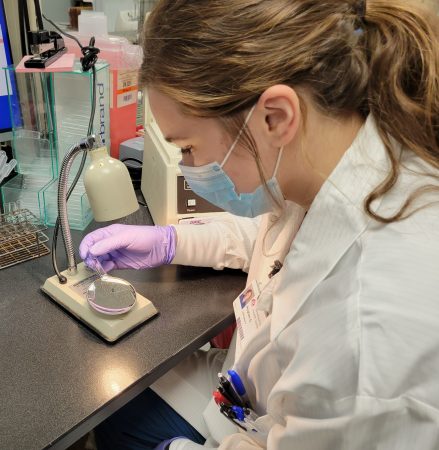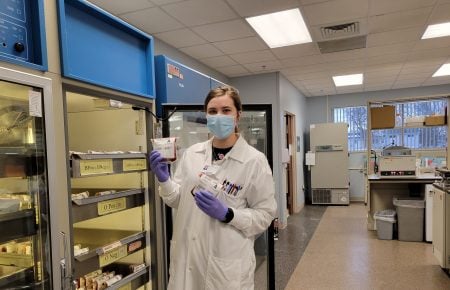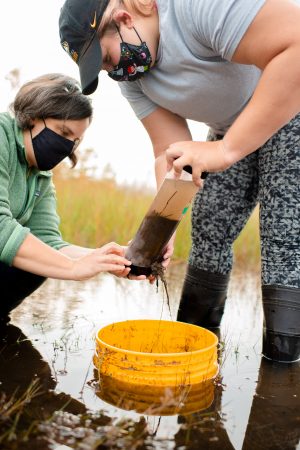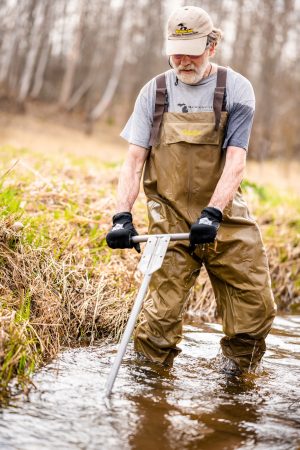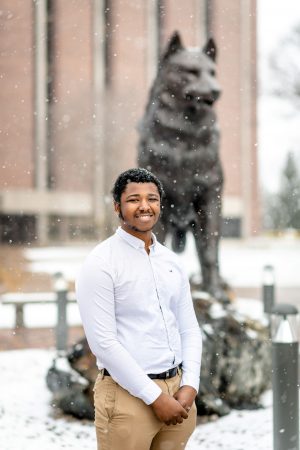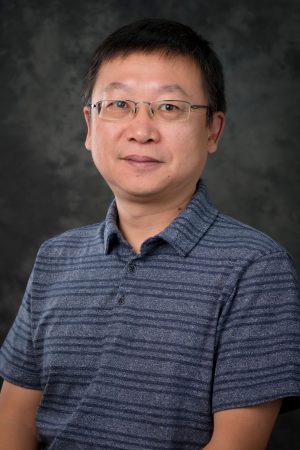Heartiest congratulations to 12 instructors (that’s 17% of all instructors awarded) from the Biological Sciences Department who have been identified as some of the only 70 campus-wide instructors who received exceptional “Average of Seven dimensions” student evaluation scores during the Fall 2022 semester. Only 91 sections university-wide (out of more than 1,379 evaluated) were rated so highly by the students. Their scores were in the top 10% of similarly sized sections university-wide, with at least a 50% response rate and a minimum of five responses.
The following faculty, staff, and graduate students received the recognition.
- Dr. Amy Marcarelli, Professor (Nominated for the MTU teaching award, 2018, 2020, and 2022)
- Ms. Brigitte Morin, MS, Associate Teaching Professor (Winner of MTU teaching award in 2018)
- Dr. Thomas Werner, Associate Professor (Winner of MTU teaching award in 2013, 2019, and MASU professor of the year, 2021)
- Dr. Jill Olin, Assistant Professor
- Ms. Claire Danielson, MS, MLS Program Director, and Assistant Teaching Professor (Nominated for the MTU teaching award, 2022)
- Ms. Sarah LewAllen, MS, MLS Program Coordinator
- Ms. Jenna Disser, MS Graduate Student
- Mr. Karl Schneider, Ph.D. Graduate Student
- Ms. Michelle Kelly, Ph.D. Graduate Student
- Mr. Isaac Lennox, MS Graduate student, KIP
- Mrs. Nicole Roeper, MS, Director, Pre-Health Professions, and Instructor
- Mr. John Romanowski, MS, Lab Supervisor, Biological Sciences
Interim Provost Dr. Andrew Storer recently congratulated them for their outstanding accomplishments in teaching.
We are very proud of these achievements, and we thank them and you all for fulfilling the educational mission of our university!
The departmental student rating average for Fall 2022 was 4.47 out of 5. Since 2013, our faculty, staff, and students have been in this top 10% of teachers list 152 times.
